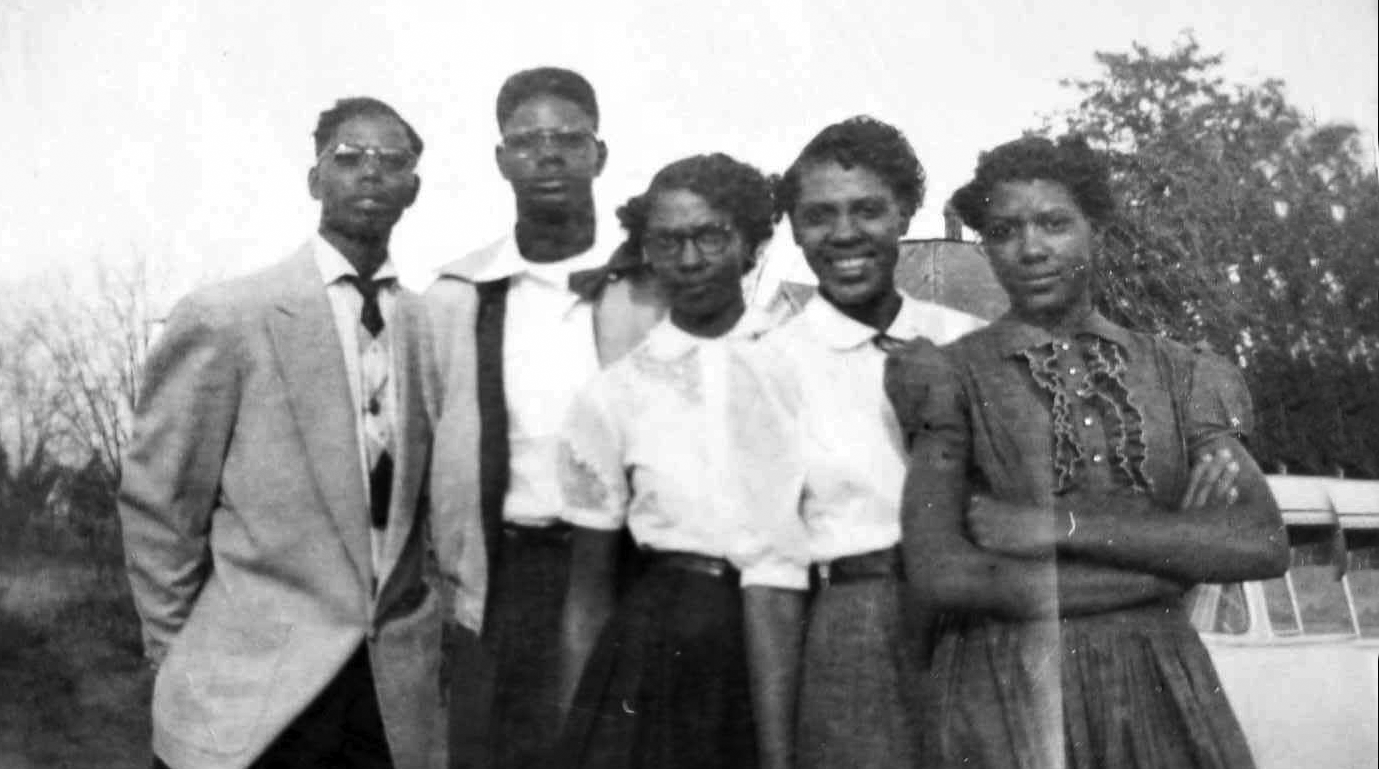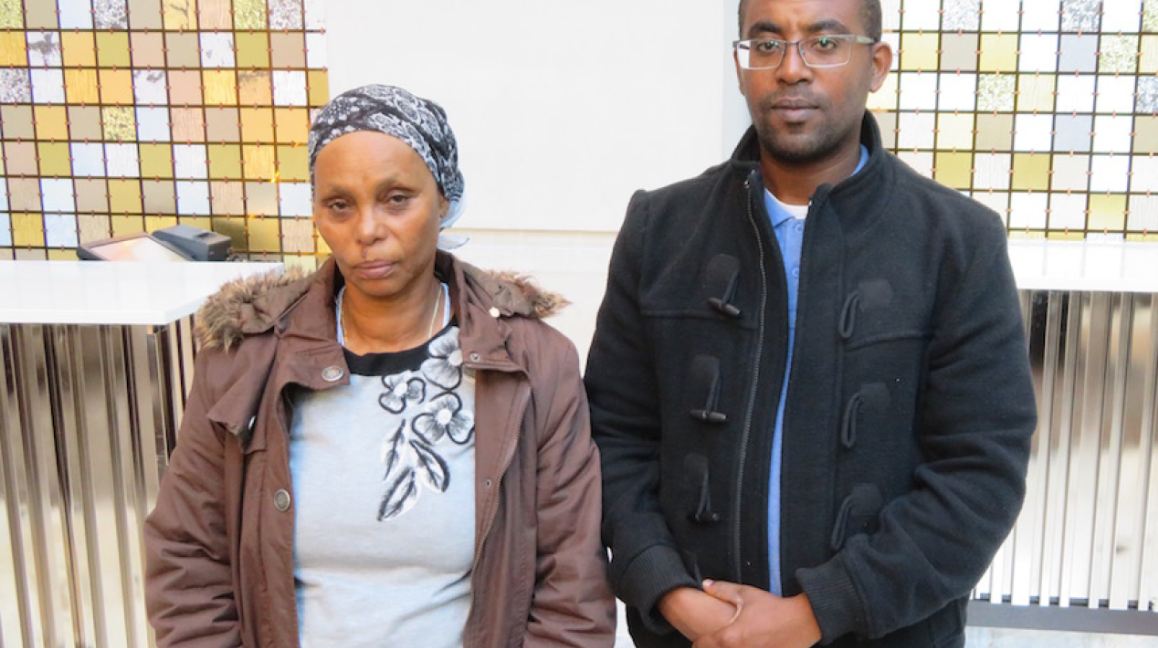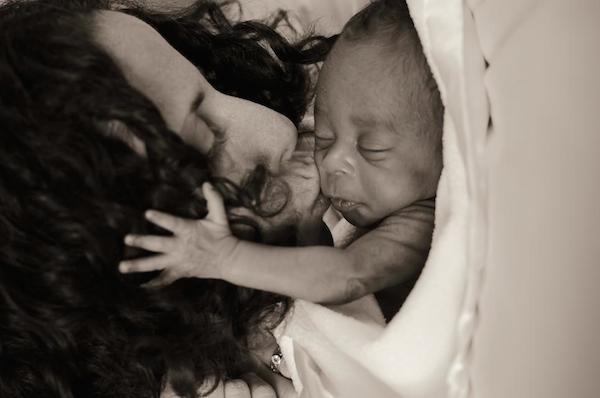“’…But, mother, I won’t be alone. Other children will go with me,
And march the streets of Birmingham to make our country free.’ ‘No, baby, no, you may not go, for I fear those guns will fire. But you may go to church instead, and sing in the children’s choir…’
The mother smiled to know her child, was in the sacred place,
But that smile was the last smile, to come upon her face… She clawed through bits of glass and brick, then lifted out a shoe. ‘O, here’s the shoe my baby wore, But, baby, where are you?’”
—by Dudley Randall, “Ballad of Birmingham”
~~~
Yes…it was arson…
The House of Prayer: A symbol of faith longing for itself in the deepest and darkest of history’s many trials, and the home for so many while living homelessly in exile. The sanctuary of dreamers longing for freedom, and the house of refuge for enslaved millions who felt less than human all but in this place, the temples of our peoples, destroyed. These sanctuaries have housed our pain and struggle and have guarded our faith in faith for millennia. And yet, with tremendous sadness, these very same buildings have constantly been under barrage, and the target of our enemies so as to weaken our spirits and ultimately destroy our eternal identity.
As its worshipers, (of any place) stood flabbergasted, as the embers and smoke rose from the heaping ashes of holiness, the mourners held their banners and their sighs were heard heavy… “Why?” they asked, but there was no one to heed their call.
“She (Jerusalem) weeps, yea, she weeps in the night, and her tears are on her cheek; she has no comforter among all her lovers; all her friends have betrayed her; they have become her enemies. (Lamentations 1:2).”
During the American Slave Trade, there was no shadow to comfort Africans after their daily confrontations with their oppressors, and so, slaves sought refuge in prayer and song. They found catharsis in joining together as a community to remedy, or at best pacify, the events the day presented. They did this in attempt to carry forward the downtrodden for just one more day, for just one more day, centuries that is.
Eventually, these gathering places were attacked, and in some cases worshipers were murdered with the holy tongue on their lips. Soon, the slave owners saw the House of Prayer as a severe threat against their master’s authority, and thus, as an attempt to destroy any place for spiritual longing, the center for all religious expression had to be reduced to dreadful surroundings. This strategy was not a new one, as it appears in this week’s Torah portion:
After many failed attempts to dilapidate and dilute the Jew’s hope for Jerusalem i.e. crossing the Jordan, the Moabites continued their aim to lower the nation by sending women to seduce and confuse the Jewish men. The Torah (Numbers 25:6) tells us that an Israelite man (Zimri) and a Midianite (syn. Moabite) woman (Kozbi) engaged in sexual intercourse at the foot of the Tent of Meeting, in hope that the center, where the Ark was stationed, would become no longer spiritually accessible. It was then that Pinchas, Aaron’s grandson, acted with zeal and ended the aim of the Dylan Roof of their generation (King Baalak), by killing them both in front of the nation.
“And so I stand here to say this afternoon to all assembled here, that in spite of the darkness of this hour, we must not despair. We must not become bitter, nor must we harbor the desire to retaliate with violence… Somehow we must believe that the most misguided among them can learn to respect the dignity and the worth of all human personality.”—-Martin Luther King Jr., Eulogy, Birmingham Church bombing of 1963.
We are nearing the end the Three Weeks of Mourning for our fallen Temple of Jerusalem, as we mourn the death of innocent lives in South Carolina and beyond, especially during these darkened times, we too, must stand with zeal, like Pinchas, and we too must remind the mourners among us, that justice will prevail, that our bloodied prayers are not for naught, and that bigots and barbarians will forever be remembered as the failed and fallen.







